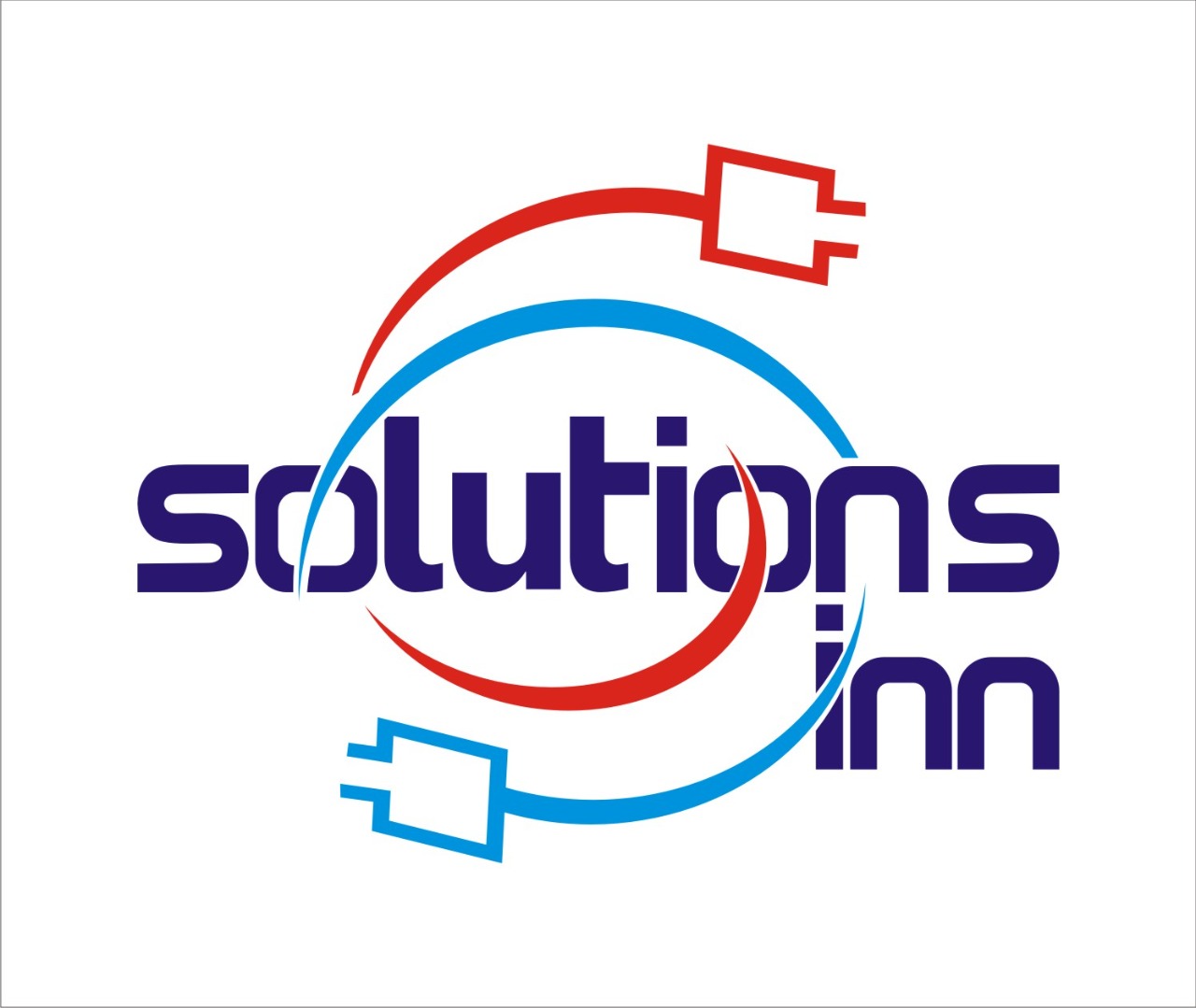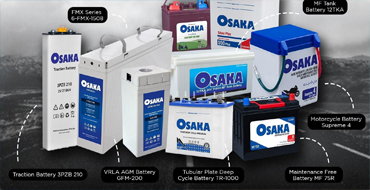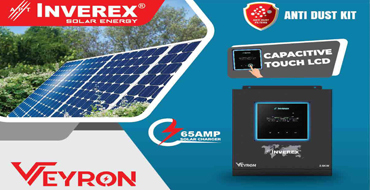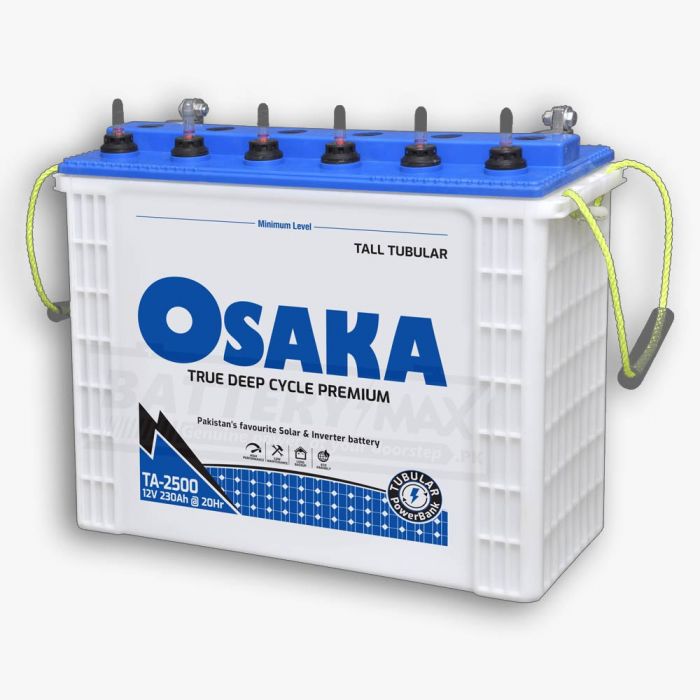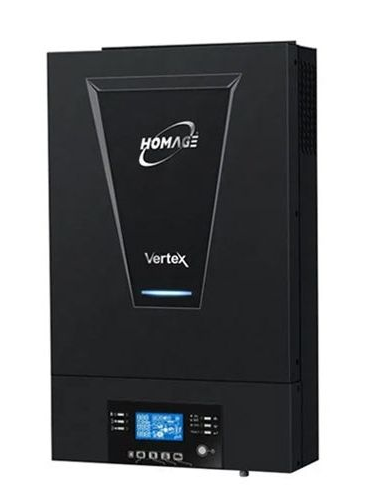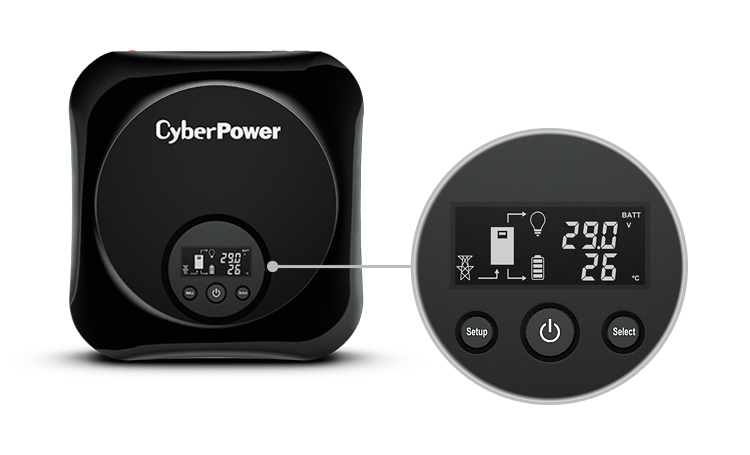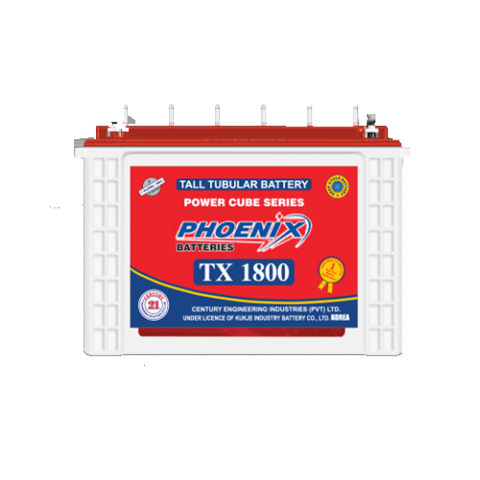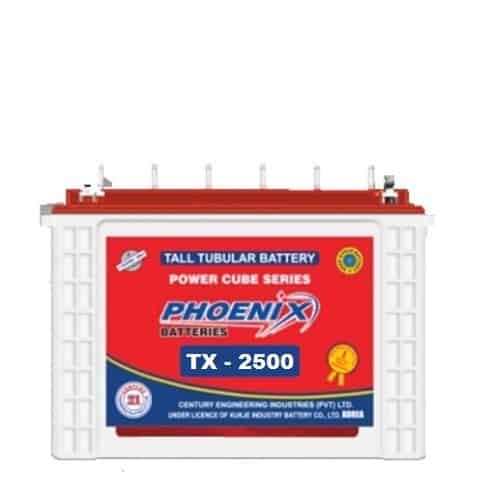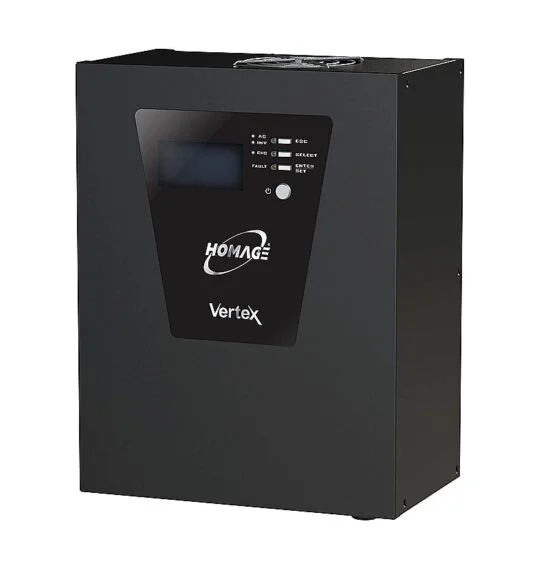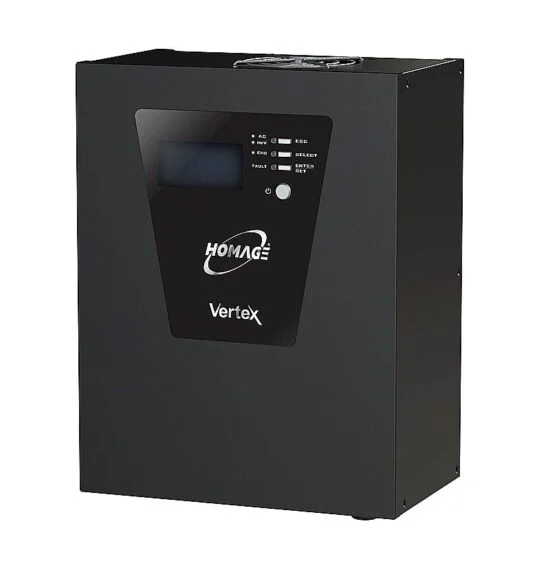- Your cart is empty
- Continue Shopping

INVERTER BATTERY
Limited Stock

Shop Daily Deals Update at 09:00 everyday
Deal ended.
OSAKA Tall Tubular Battery -TA 1800 – True Deep Cycle – FOR LONGER BACKUP
12V185 AH
Rated 5.00 out of 5
1
Sold: 31/131
Sold: 27/125
Featured
Sold: 29/129
Featured
HOMAGE HVS-3014-SCC- VERTEX- SOLAR SUPPORTED INVERTER
3000 Watt
Rated 4.00 out of 5
2
Sold: 57/156
CYBERPOWER CPS2200EILCD – INVERTER – FOR LONGER BACKUP
1320Watt
Rated 4.00 out of 5
1
Sold: 39/134
Phoenix Tall Tubular Battery -TX 1800 – True Deep Cycle – FOR LONGER BACKUP
12V 185AH
Call for Price
Recommended For You
OSAKA Tall Tubular Battery -TA 1800 – True Deep Cycle – FOR LONGER BACKUP
12V185 AH
Rated 5.00 out of 5
1
Phoenix Tall Tubular Battery -TX 2500 – True Deep Cycle – FOR LONGER BACKUP
12V 230AH
Call for Price
HOMAGE HVS-1214-SCC – VERTEX -SOLAR SUPPORTED INVERTER
1000Watt, Single Battery
Rated 5.00 out of 5
2
Featured
Featured
Call for Price
HOMAGE HVS-3014-SCC- VERTEX- SOLAR SUPPORTED INVERTER
3000 Watt
Rated 4.00 out of 5
2
Featured
Call for Price
HOMAGE HVS-2414-SCC – VERTEX – SOLAR SUPPORTED INVERTER
1800Watt
Rated 3.00 out of 5
1
CYBERPOWER CPS2200EILCD – INVERTER – FOR LONGER BACKUP
1320Watt
Rated 4.00 out of 5
1
Phoenix Tall Tubular Battery -TX 1800 – True Deep Cycle – FOR LONGER BACKUP
12V 185AH
Call for Price
Free Shipping & Delivery
Free Delivery within Lahore City Order Value above 50,000.0 Rs
Price Match Guarantee
We sell only Genuine products and have guarantee lowest prices in the market
Certified Engineers
Certified Engineers & Technical Staff for installation and after-sales support
